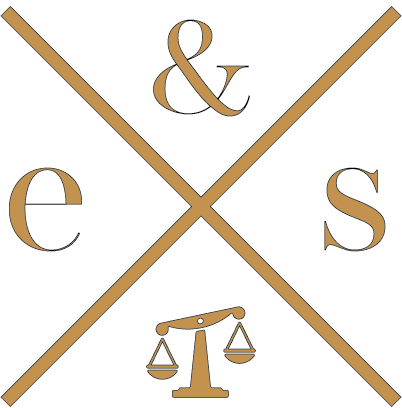At EAS Legal, we were recently instructed to act for a client who was subject to an Apprehended Domestic Violence Order (ADVO) that imposed strict no-contact conditions and residential restrictions, including preventing him from living at his own home.
Our client advised that his spouse—the protected person under the ADVO—did not support the order, nor did she want restrictions placed on his contact or residence. In fact, she had told friends and family that she had made these views known to police, but felt ignored in the process.
On the day of court at Belmont Local Court, our legal team requested permission to speak to the complainant in the presence of police to ensure full transparency and avoid any risk of claims of coercion. Initially, the police refused.
However, we then presented text message evidence that showed the complainant expressing frustration to others that police had not listened to her position on the ADVO.
Once this evidence was produced, the prosecution permitted us to speak with the complainant—strictly under police supervision. During this discussion, the complainant firmly and clearly confirmed that she did not want the ADVO to contain contact or residence restrictions against our client.
Despite this clear position, police refused to amend the order.
Our team then advised that we would call the complainant to give oral evidence before the court, setting out her views directly to the Magistrate. Faced with the prospect of cross-examination and a formal hearing, the prosecution finally agreed to amend the ADVO conditions and remove both the no-contact and residence restrictions.
This result meant our client was immediately permitted to return to his home and continue contact with his spouse, without either party having to endure the stress of a contested hearing.
Are you subject to an ADVO that you believe is unnecessary or unfair? At EAS Legal, we are skilled in navigating the complex dynamics of domestic violence proceedings and can help ensure your voice is heard—clearly and lawfully.











